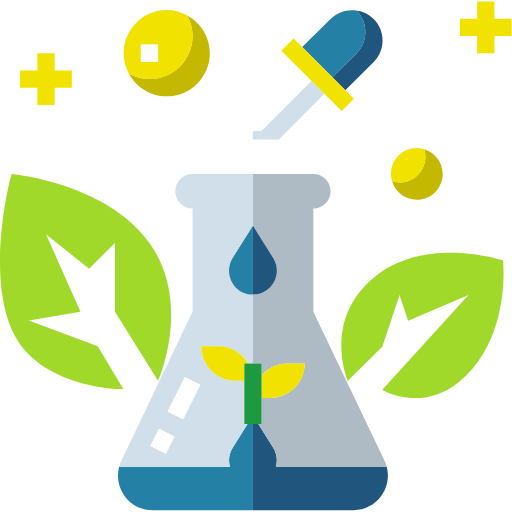Memory Boost: Science Explains How Rewards Enhance Recall

Science reveals how rewards, especially for animals, enhance memory recall. Research shows pairing weak memories with strong ones aids retention. Big events excite the mind, boosting new memory formation. Supporting climate journalism is also mentioned.
We go to an essential time and supporting climate journalism is more vital than ever. Science Information and our moms and dad organization, the Society for Scientific research, need your assistance to enhance ecological literacy and make certain that our action to climate adjustment is informed by scientific research.
Science Information and Memory Research
Science Information was founded in 1921 as an independent, not-for-profit source of precise information on the most recent news of modern technology, medicine and science. Today, our goal stays the exact same: to encourage individuals to review the information and the globe around them. It is released by the Culture for Science, a nonprofit 501(c)( 3) membership company devoted to public engagement in clinical study and education and learning (EIN 53-0196483).
The following day, the team stunned individuals with a memory examination of what they ‘d seen the day in the past. Both benefit dimension and image category type mattered, the researchers located. Getting a huge incentive after seeing pets boosted people’s memories of those pets by roughly 5 percent. Those who obtained a small benefit kept in mind concerning 45 percent of the pets they ‘d seen in the first round, while those who got a huge incentive bore in mind concerning half of the matching animals.
The Impact of Rewards on Memory
Now, Lin’s study helps explain why both those poultries and squirrels have lodged in his memory. Occasions that load a psychological strike assistance individuals remember moments they would certainly or else forget, Lin and coworkers report September 24 in Scientific Research Breakthroughs. The mind even appears to tether comparable objects and occasions. That’s possibly why Lin bears in mind mundane farm animals together with those incredibly awesome squirrels.
Currently, Lin’s research study assists clarify why both those poultries and squirrels have lodged in his memory. Since the 1990s, research study has suggested that combining a weak memory with a strong one can make the weak memory stick around. Getting a big benefit after seeing animals enhanced people’s memories of those animals by about 5 percent. Lin thinks that’s since people formed more powerful initial memories of the tools than the pets even without memory-boosting rewards. Someday, specialists can assist survivors boost the day-to-day memories that occurred prior to an injury to boring the pain of what came after, Lin claims.
Linking Weak and Strong Memories
Sorting out what’s going on in the brain while memories form will take more time. Someday, therapists might assist survivors improve the everyday memories that occurred before an injury to dull the pain of what came after, Lin claims. Or instructors might identify strategies that boost pupils’ information retention: If Susie jumps up and down in a math word issue, perhaps the class ought to raise and down, too.
Chenyang (Leo) Lin grew up in a seaside city in southerly China, much from any kind of woods. So, when he took place a hike in New Hampshire in 2015, he respected the big trees and darting squirrels. “That was very new to me,” claims Lin, a mind and habits expert at Boston College.
Mundane memories are understood to exist in this short-term state, states cognitive neuroscientist Joseph Dunsmoor of The University of Texas at Austin. However this is among the first papers to show that weak memories are most likely to get captured when they connect to the strong memory. “The thing that happened in the past unexpectedly takes on much more meaning,” states Dunsmoor, who has done comparable research himself.
Because the 1990s, study has actually suggested that pairing a weak memory with a solid one can make the weak memory stick around. When a more effective memory takes place shortly after the day-to-day occasion, it triggers a localized healthy protein storm in the hippocampus and related neural circuits.
Experiment: Rewards and Image Recall
Lin and his team evaluated that concept by having over 100 individuals observe sequences of animals, such as aardvarks, hamsters or sea stars, and everyday devices on a computer. About half the participants got a big reward for labeling animals and a reduced incentive for labeling devices, while the various other fifty percent obtained the contrary.
Big rewards offered right after seeing tools didn’t help individuals keep in mind tools they would certainly seen in earlier phases. Due to the fact that individuals created more powerful first memories of the tools than the pets also without memory-boosting incentives, Lin believes that’s. Rewards connected to images of animals had no result on individuals’ capability to remember which devices they would certainly seen.
Lin’s team likewise revealed that people were better at forming brand-new memories after receiving a big reward. After a big occasion, the mind is excited and open to new information, so those memories stick around, Lin says.
1 animal memories2 brain research
3 Butler prescient science
4 cognitive science
5 memory recall
6 rewards
« Personality Isn’t Fixed: Fluidity & ChangePrecambrian Fossil: Lydonia jiggamintia, a Punk Rocker Ancestor? »
